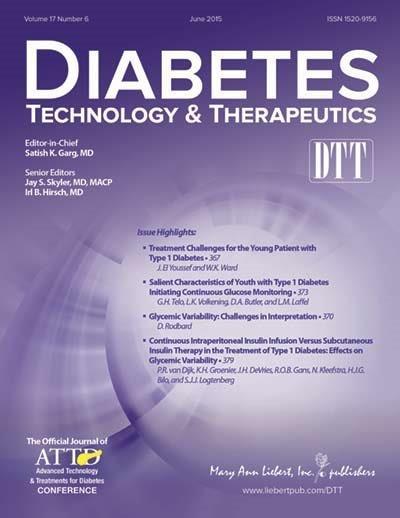Moderate Physical Activity Is Critical For Reducing The Risk Of Chronic Disease In Older...
Getting regular, moderate-intensity exercise may be critically important for postmenopausal women who want to reduce their risk of cancer, heart disease and other chronic diseases.
Scientist Identifies Gene in Mice That Governs Obesity, Physical Activity and More
A team led by Deborah J. Good has identified a gene that appears to play a role in obesity, physical activity, and sex behaviors in mice.
Nutrition Advice Makes Heart-Healthy Diet More Satisfying
People who received dietary counseling to help them lower their cholesterol levels reported higher levels of satisfaction with their quality of life and health care than individuals who tried to lower their cholesterol in other ways, according to a new study.
Portion Size Matters: Given Too Much, We Eat It
Almost nobody can stop eating at just one normal serving if there's extra food on their plate, and this tendency coupled with the spread of megaportions may be contributing to the American obesity epidemic.
Combining Key Ingredients of Vegetarian Diet Cuts Cholesterol Significantly, Says Study
A diet combining a handful of known cholesterol-lowering plant components cut bad cholesterol by close to 30-percent in a recent study.
Exercise Shown to Have Positive Effect On Cholesterol
For the first time, Duke University Medical Center researchers have demonstrated that exercise -- without accompanying weight loss -- has a positive impact on improving cholesterol levels.
Obesity Study Focuses on After-School Hours
Whether after-school hours filled with study, exercise and nutritious snacks can help turn around unprecedented obesity rates in children is the focus of a new study at the Medical College of Georgia.
New Study Shows Weight Loss Decreases ACE Enzyme That Controls Blood Pressure
New research suggests that losing even modest amounts of weight can pay off in better health.
Visceral Fat Loss After Dieting is Not Necessarily Responsible For Disease Risk Improvements
Weight-loss related changes in risk factors for diabetes and cardiovascular disease are often linked to visceral fat, rather than other types of fat deposits, especially in people with different racial and ethnic backgrounds.
Patients Often Miss Out On Nutrition Counseling, at Cost to Health
Nutrition counseling can make a difference in the health of high-risk patients, yet it takes place in a minority of primary care visits, according to a study.
Greater Incidence of Obesity Among Adults with Disabling Conditions
As significant a problem as obesity is among the general population, it's an even greater problem for adults with disabling conditions.
Whole Grains Reduce Long-Term Risk of Type 2 Diabetes In Men
Daily consumption of whole grains has been associated in a number of studies with reductions in risk for ischemic stroke, coronary artery disease, and type 2 diabetes.
Substance Found in Sharks Could Lead to Weight Loss Drug
A substance derived from dogfish sharks suppresses appetite and decreases body weight in rodents, making it a potential new, safe anti-obesity treatment.
Consuming More Calories and Fats May Be Associated With A Higher Risk of Alzheimer...
Eating more calories and fats may contribute to an increased risk of Alzheimer disease in some people, according to an article in the August issue of The Archives of Neurology.
Hormone Found To Reduce Appetite By A Third
An international team of scientists has discovered a hormone that can significantly decrease the appetite, reducing the amount of food eaten in a day by a third.
Study Finds Strong Link Between Obesity and Risk For Heart Failure
According to a new study, excess body weight is strongly and independently associated with an increased risk of heart failure.





